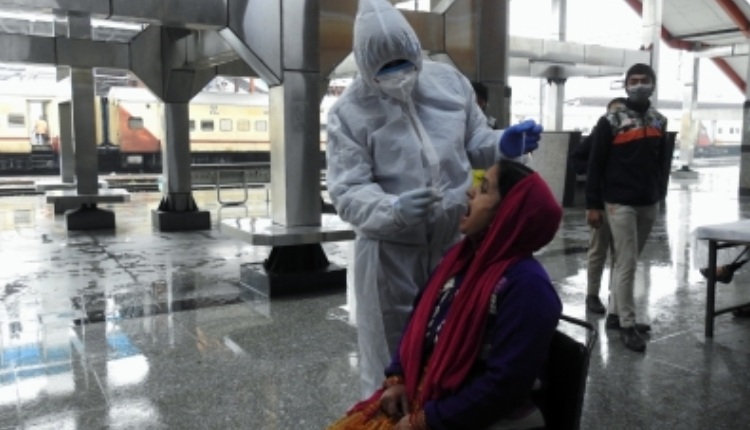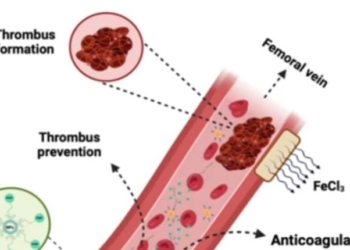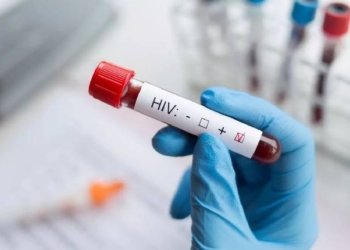India on Monday recorded 1,805 new Covid cases in the last 24 hours, the data issued by the Union Ministry of Health and Family Welfare.
The total number of active cases in the country has now crossed the 10,000 mark, after a span of 134 days.
“Currently, there is no increase in the hospitalisation so far as the Covid-19 new strain is concerned. But yes, if the number rises further, it might be a possibility that the burden comes to hospitalisation and oxygen demand and ICU stays can really increase,” Rahul Sharma, Additional Director, Pulmonology and Critical Care, Fortis Hospital Noida, told IANS.
The daily positivity rate has been recorded at 3.19 per cent and the weekly positivity rate at 1.39 per cent. Six deaths, one each from Chandigarh, Gujarat, Himachal Pradesh and Uttar Pradesh have also been reported in a span of 24 hours, and two were reconciled by Kerala.
In view of the rising cases, Prime Minister Narendra Modi recently held an emergency meeting to prepare the country in case of a relapse. The Union Health Ministry called for a nationwide mock drill across government hospitals on April 10 and 11 to tackle the rising cases.
Health Secretary Rajesh Bhushan in an advisory, said that while the rates of hospitalisation and death due to the disease remained low largely because of the significant coverage achieved in terms of Covid-19 vaccination rates by all states/ UTs, this gradual rise in cases needed reinvigorated public health actions to contain the surge.
“The increase in the number of Covid cases are due to the Covid variant XBB1.15 and XBB1.16, but there is no need to worry though individuals should follow Covid-appropriate behaviour such as using masks, maintain hand hygiene and avoiding crowded places,” Laxman Jessani, Consultant, Infectious Disease, at Apollo Hospitals-Navi Mumbai told IANS.
He said people who are eligible for booster doses should consider getting them, especially if they are at higher risk for severe disease or have weakened immune systems.
“Booster doses can help boost immunity and provide additional protection against new variants of the virus,” Jessani noted.
According to Sharma, the most important symptoms to watch for are persistent fever which is not improving, and cough with sputum production; and falling oxygen level below below 92 per cent.
If patients are having increased weight loss, loss in appetite, chest pain, and atypical symptoms like nausea, vomiting, diarrhoea, they should immediately seek medical attention or maybe probably need hospitalisation, he explained.
“The symptoms are generally mild and self limited or can be easily managed with the help of mild symptomatic medicines in the form of paracetamol, some kind of anti allergic, etc. But people, especially elderly above the age of 60-65 years and young children could be more prone to developing some kind of serious infection from Covid,” said Tushar Tayal – Consultant – Internal Medicine, CK Birla Hospital Gurugram, told IANS.
In addition, people suffering from any kind of health issues like cardiac diseases, hypertension, diabetes, malignancies, immunocompromised patients, cancer patients, could also be at the maximum risk of Covid infection, the doctors said.
(IANS)














